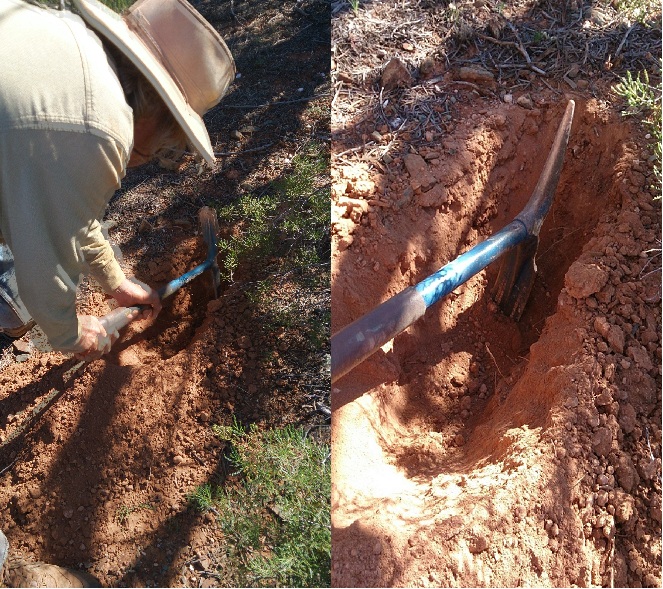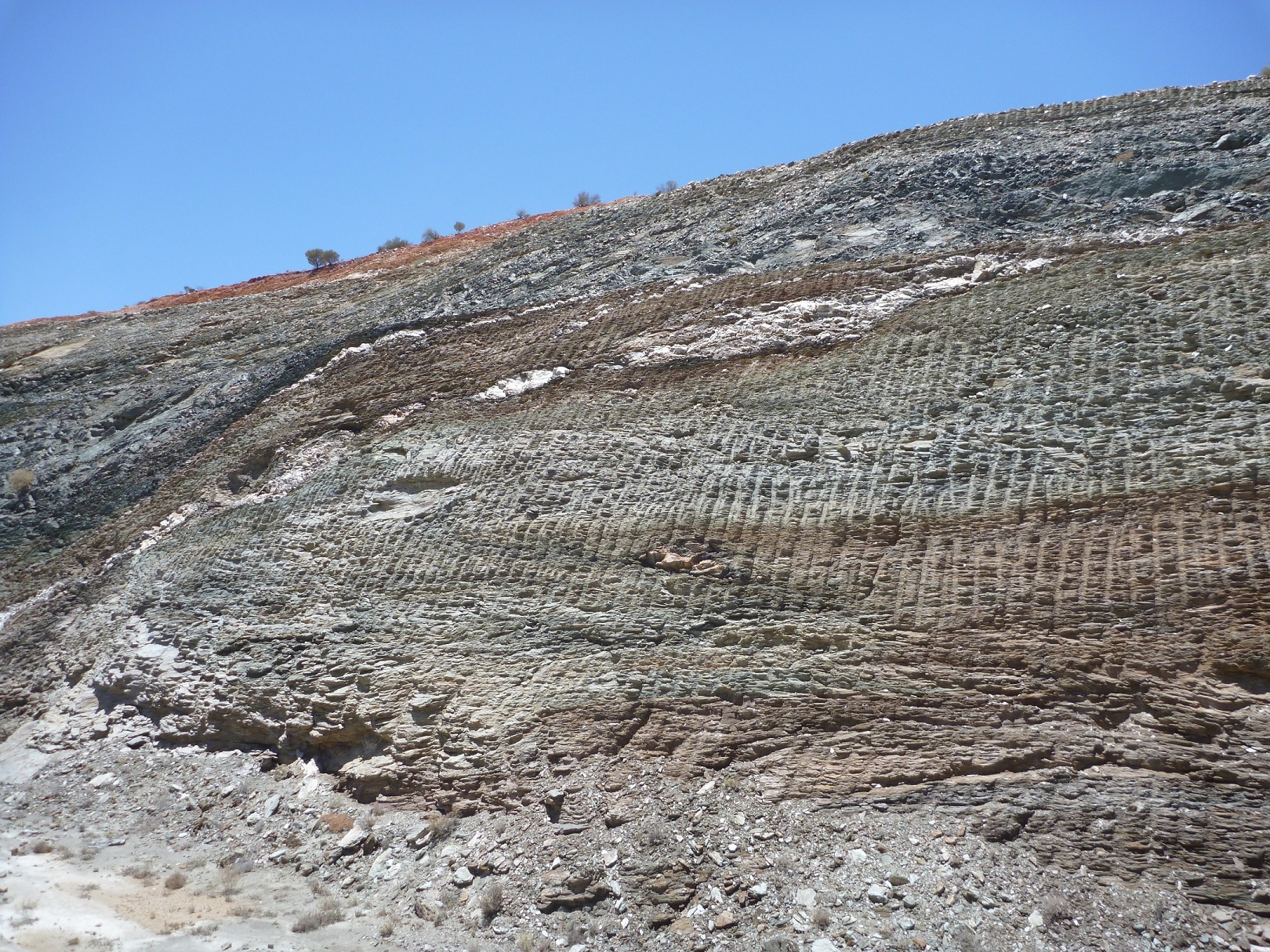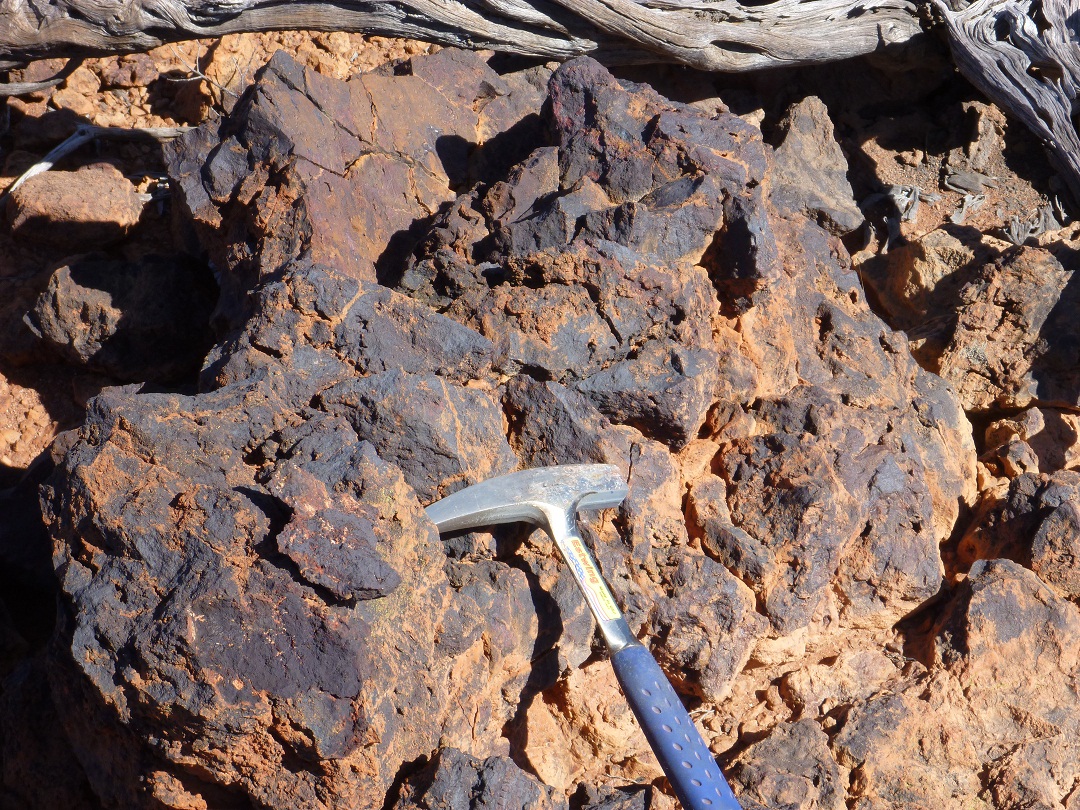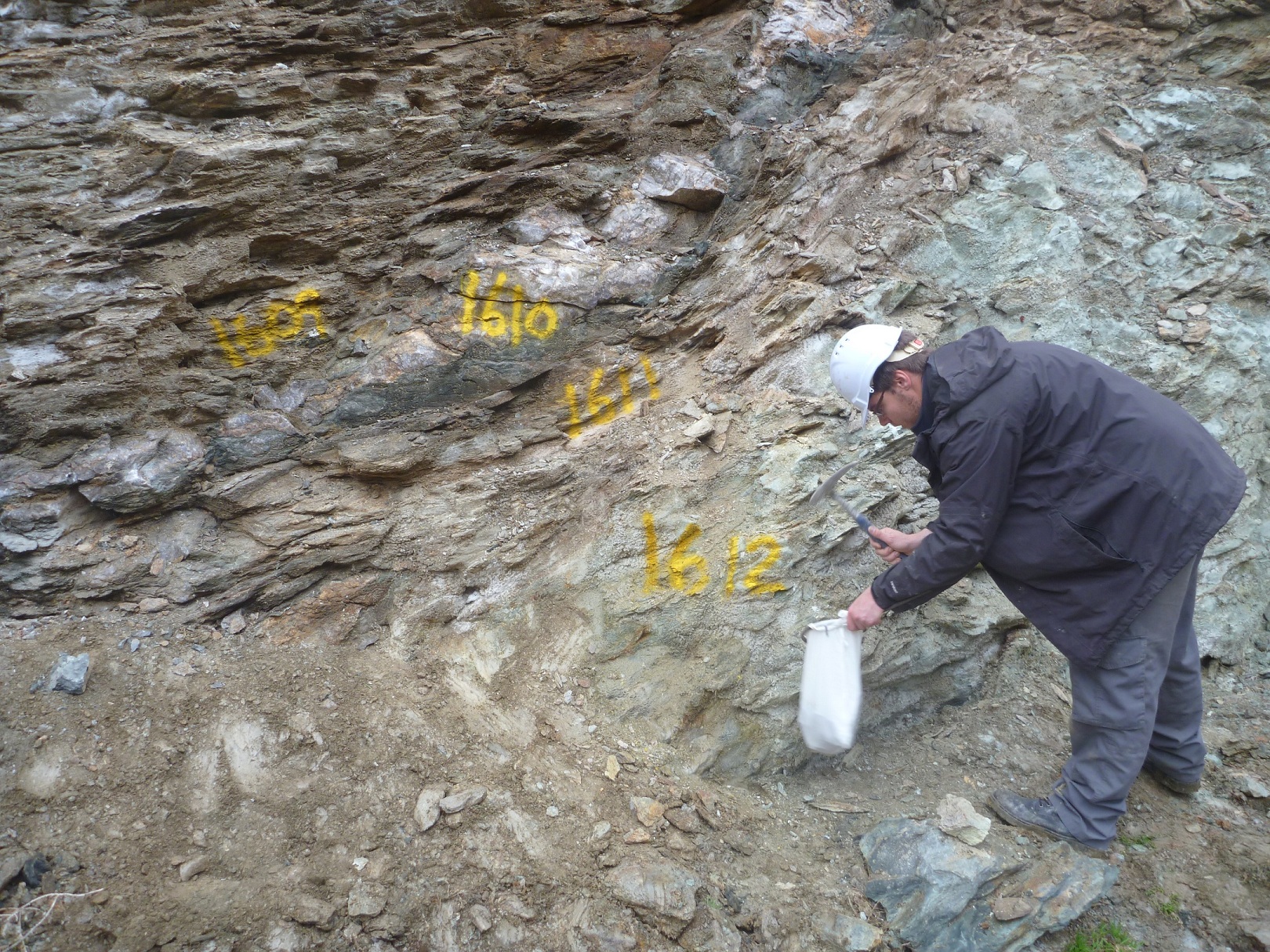When could your project benefit from a MMI soil survey?
If the project area is thought to be prospective but lacking in geochemical data;
If your project area is characterised by cover over bedrock; If your project has a broad geochemical anomaly identified with traditional soil sampling technics; If you are considering an Aircore or RAB drilling campaign; If you have positive past drilling and are now considering infill drilling to better define the mineralisation extents and orientation? If you have completed geophysical programs generating a set of anomalies with follow up drilling recommended by your geophysicist. "There is a known spatial relationship between surface anomalies and gold mineralization in bedrock, despite sapolitic cover"
Why MMI?
MMI stands for Mobile Metal Ion and is a proprietary analytical technique provided by world leading inspection, verification, testing and certification company SGS. There are many alternatives when it comes to soil geochemistry, from our experience we believe the MMI partial leach method offers many advantages. Properly trained field personnel can collect in excess of 100 samples in a shift, and easy to carry equipment plus small sample size enables sampling areas only accessible on foot.
The technique can:


